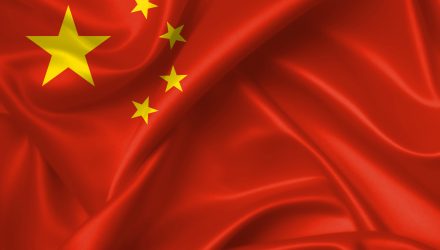That announcement has broad support from international institutional investors with whom MSCI consulted, primarily as a result of the positive impact on the accessibility of the China A market of both the Stock Connect program and the loosening by the local Chinese stock exchanges of pre-approval requirements that can restrict the creation of index-linked investment vehicles globally.
While many of the popular emerging market funds include China exposure as one of their top country holdings, most funds access Chinese companies through H-shares or Hong Kong-listed stocks or N-Shares that are traded on the New York Stock Exchange. However, despite sharing a country of origin, the share class does not move in lockstep with Chinese domestic markets.
Fueling the divergence in correlation between the various share classes, H-shares have a heavy tilt toward the financial sector as most Chinese banks and insurance companies tend to list on the Hong Kong Exchange to access international capital.
Meanwhile, the share class that represents the largest portion of the Chinese economy is the A-shares class, which comprises over two thirds of the total Chinese equity market.
Financial advisors who are interested in learning more about China’s markets can register for the Thursday, April 19 webcast here.
